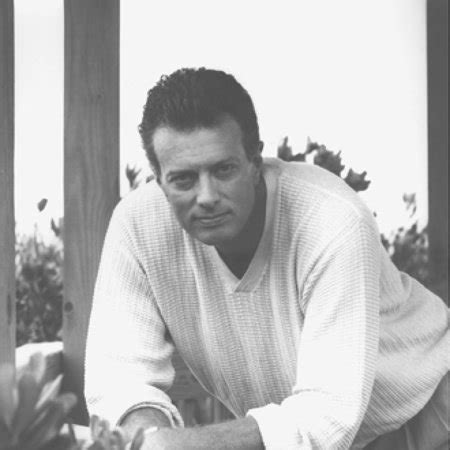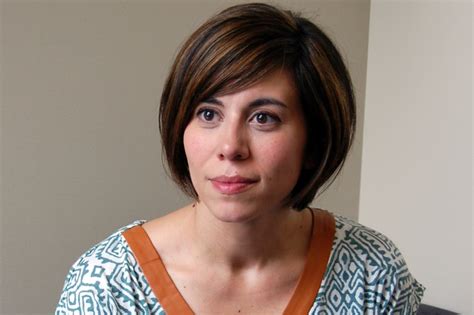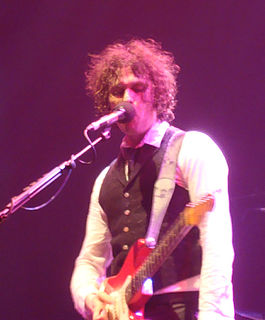A Quote by Karen Karbo
The first draft is for YOU, the writer; the second and subsequent drafts are for the reader. Trying to do both things at once — figuring out what we want to say, while also fashioning it for another human being to read — is the cause of writer’s block.
Related Quotes
No one can teach writing, but classes may stimulate the urge to write. If you are born a writer, you will inevitably and helplessly write. A born writer has self-knowledge. Read, read, read. And if you are a fiction writer, don't confine yourself to reading fiction. Every writer is first a wide reader.
No one can teach writing, but classes may stimulate the urge to write. If you are born a writer, you will inevitably and helplessly write. A born writer has self-knowledge. Read, read, read. And if you are a fiction writer, dont confine yourself to reading fiction. Every writer is first a wide reader.
I remember Emilio [Estevez] and I were at John's house during the rehearsal process. And John [Huges] had mentioned he wrote the first draft of Breakfast Club in a weekend. And we both at the same time went, "First draft? How many do you have?" And John said he's got four other drafts. And we go, "Can we read them?" And for the next three hours, Emilio and I read those other four drafts.
It's more like I write multiple first drafts, handwritten. So with my first novel, I wrote whole drafts from different points of view. There are different versions of that novel in a drawer on loose-leaf sheets. I won't even look at the first draft while I'm writing the second, and I won't look at the second before writing the third.
The first is that good writing consists of mastering the fundamentals (vocabulary, grammar, the elements of style) and then filling the third level of your toolbox with the right instruments. The second is that while it is impossible to make a competent writer out of a bad writer, and while is equally impossible to make a great writer out of a good one, it is possible, with lots of hard work, dedication, and timely help, to make a good writer out of a merely competent one
That underscored this idea that when we're reading a book or writing a book, you're in an act of co-creation. The reader and the writer are both trying to dress up and present their best selves and then there's that moment, when suddenly, as a reader, you're not exactly you anymore, and likewise, as a writer, you're not really you.
I haven’t had trouble with writer’s block. I think it’s because my process involves writing very badly. My first drafts are filled with lurching, clichéd writing, outright flailing around. Writing that doesn’t have a good voice or any voice. But then there will be good moments. It seems writer’s block is often a dislike of writing badly and waiting for writing better to happen.
I would also argue that there is a good chance that an outline will help you stave off any onslaught of writer's block. Let me advise you right up front that I am not a big believer in writer's block. I think writer's block is God's way of telling you one of two things - that you failed to think your material through sufficiently before you started writing, or that you need a day or two off with your family and friends.






































